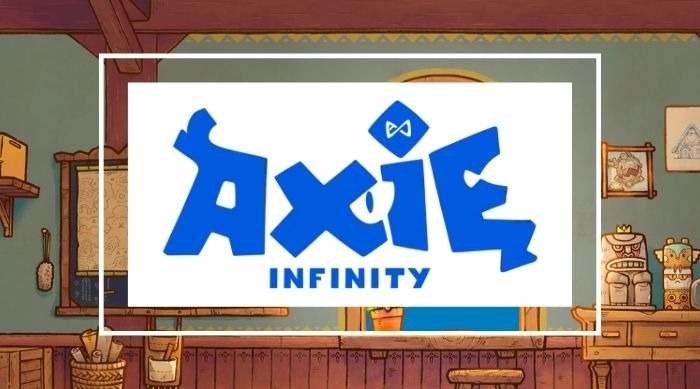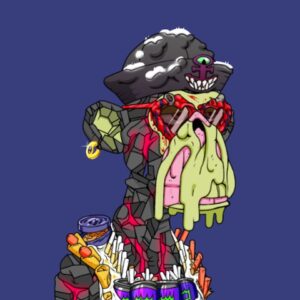Axie Infinity is described on the official site created by Sky Mavis as a “digital pet universe” that features gameplay with “fantasy creatures” known as Axies. This online game is billed as having a “player-owned economy” with all gameplay assets created as tokens that can be freely bought, sold, and traded within the game.
Axie Infinity: How It Works

Players are required to have a digital wallet to play. There are varying types of player “classes” and some find the game’s structure to be similar to Pokémon. Some sources actually describe Axie Infinity as a crypto-supported type of Pokémon clone.
Players can raise, train, and compete with their Axies, which can be traded as NFTs. They can also be created when players “farm” a cryptocurrency called Smooth Love Potion or SLP. You can use SLP to create more Axies and pit them against others in battle. Axis and SLP can both be bought, sold, and traded.
And while all of that sounds like standard NFT virtual world type gameplay, this metaverse is not free of controversy. Some who write about NFTs go so far as to accuse Axie Infinity of being a pyramid scheme using “cheap labor” to mine SLP or other game assets.
Trouble In The Metaverse
And reports of trouble with the in-game economy started to surface, too. When more and more Axies were created, that led to more SLP harvesting, which caused the currency’s value to drop.
And then there was the Axie Infinity hack which resulted in the loss of some $600 million in funds after what the FBI called a hack by a North Korean group known as Lazarus.
How The Axie Infinity Hack Operated
The hack was, according to some sources, executed via compromised DAO nodes that had been set up through a back door installed in “gas-free” applications that allowed the hackers to acquire a signature for Axie Infinity DAO validator.
Something known as the Ronin Network was created by Axie Infinity developers as an offset to gas fees required to participate. Ronin Network is a blockchain launched by Sky Mavis allowing players to transfer ETH tokens to Ronin that allow the minting of in-game tokens.
The hack targeted “wrapped” tokens (supported by ETH), stripped the cryptocurrency, and left the tokens. Essentially, players hurt by the theft needed to be helped out and suddenly Axie Infinity had some very real-world player gripes to deal with.
Initially, this game was launched with multiple validator notes set up to prevent fraud. But Ronin was compromised after it gave “special privileges” to the parent company, Sky Mavis, intended to let the company approve its own transactions. But the special access turned into a special problem for the company thanks to the theft.
Lazarus Group Hack Aftermath
The hack led to talk of an “exodus” from the metaverse, creating financial panic among high-spending investors/players. That in spite of talk of potential future growth in the wake of the hack.
Changes in the structure of the game to prevent excessive SLP harvesting plus discussion of ways to “burn” SLP or other in-game assets haven’t seemed to fully satisfy some who feel burned by the game and its problems.
One of the major complaints has to do with the buying and selling of “land” within the game. Project K offered land sales early, but the option was still under development at the time; many found they had bought into parcels of digital land they could do nothing with.
Such land sales began “years ago”, but there are still unanswered questions about when full functionality might be applied to those who became landlords within the Axie Infinity universe.
The Axie Infinity Future
That $600 million hack? Some of those dollars may be replaced by new venture capital funding and investments from Binance and Animoca Brands. Some $150 million worth as reported by Vice on April 6th, 2022.
This funding is described as specifically earmarked for reimbursing players who were burned by the Lazarus Group incident. The compromised Ronin Bridge was closed and subjected to a security review. Sky Mavis says the bridge will return once security issues are addressed.
Joe Wallace has covered real estate and financial topics, including crypto and NFTs since 1995. His work has appeared on Veteran.com, The Pentagon Channel, ABC and many print and online publications. Joe is a 13-year veteran of the United States Air Force and a former reporter for Air Force Television News.


